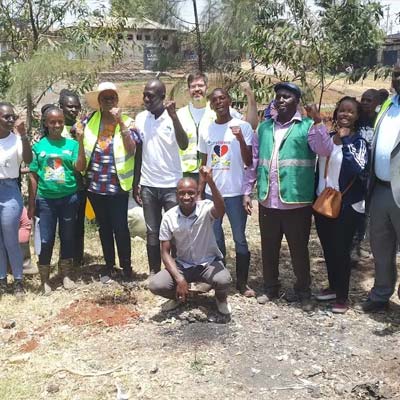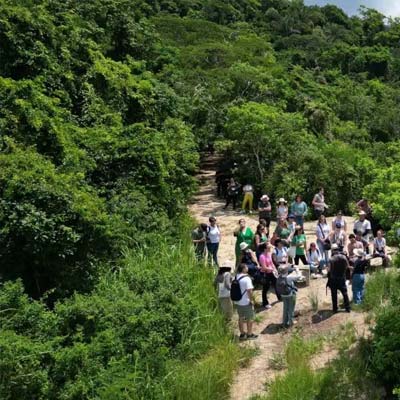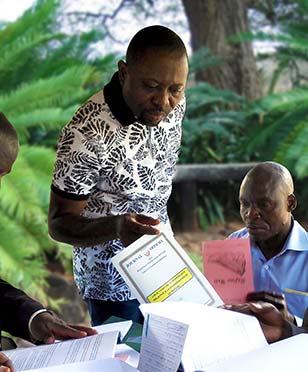- Social equity issues will vary depending on the social, economic, and political contexts of cities, and approaches to address these issues must be adapted accordingly. These approaches can range from mitigating harm to vulnerable groups to actively empowering them through meaningful engagement in programs.
- There are many benefits that arise from adopting a social equity lens. Projects can achieve their goals more successfully if they implement inclusive processes. Equitable, sustainable, and efficient projects can offer many social, economic and sustainability benefits, but there may be financial and logistical considerations associated with addressing social equity issues in forest-related programs and policies.
- Some overarching social equity considerations applicable to engagements with all forest levels include:
- Designing equitable forest-related policies and plans;
- Using social information in decision making and for monitoring progress;
- Conducting effective stakeholder identification and ensuring inclusive participation;
- Providing equal employment opportunities.
- At the inner forest level, social equity considerations for programs and policies revolve around land-use decisions, affordability, accessibility, safety, and spatial distribution of urban green spaces.
- At the nearby forest level, community engagement can make ecotourism and recreational activities more inclusive.
- At the faraway forest level, forest management, protection, and use policies have social impacts on forest-reliant communities. Promotion of fair social standards in procurement of forest products can help cities engage in a mutually beneficial relationship with faraway forests.
This guide is a living document, so please reach out with any feedback (info@cities4forests.com). You may also reach out to our team by contacting Ayushi Trivedi (ayushi.trivedi@wri.org) to request further technical assistance on the social equity issues identified through this Learning Guide.











